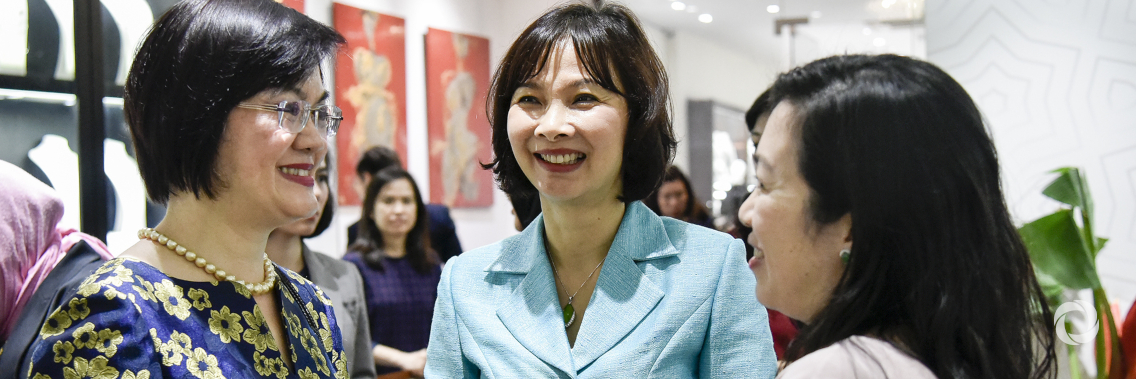The role of media in society is very interesting. Primarily, it, alongside social institutions such as the education system and cultural norms, is what holds society together. It promotes and maintains the dominant ideology of a given society and helps to maintain the cultural formation. But, it also has the ability to challenge social norms and promote paradigm shifts within society.
The UNESCO declaration on Mass Media points out that:
The mass media have an essential part to play in the education of young people in a spirit of peace, justice, freedom, mutual respect and understanding, in order to promote human rights, equality of rights as between all human beings and all nations, and economic and social progress.
Furthermore, the 1995 Beijing Declaration clearly recognized the potential of the media to make a greater contribution to the advancement of women. It called on governments and international development organizations to take action to address “stereotyping of women in the media” and as another strategic goal, it called for increased “participation and access of women to expression and decision-making in and through the media and new technologies of communication”.
The CEDAW Committee has also encouraged countries to direct the media “to discuss and promote non-stereotypical and positive images of women and promote the value of gender equality to society as a whole, (to use) radio, television and print and encompass both specialised and general programs, (and to adopt measures) to sensitise members of the press, television and other media on gender equality issues.”
In 1995 at the United Nations Fourth Conference on Women in Beijing and the Government, Viet Nam signed the International Platform for Action and Beijing Declaration which was designed to remove the obstacles to women’s public participation in all spheres of public and private lives through a full and equal share in economic, social, cultural and political decision-making.
The Vietnamese Government always considers gender equality and promoting the advancement of women as an important goal of national development. Over the past 10 years, the role and status of Vietnamese women has significantly improved.
This study, as part of UNESCO’s activities within the Joint Program for Gender Equality, aims to asses both of the Beijing Platform of Action strategic goals, namely participation of women in the media and the stereotyping of women through the media.
Read and download the analysis: A Question of Gender Equality in the Media: The Viet Nam Story.

